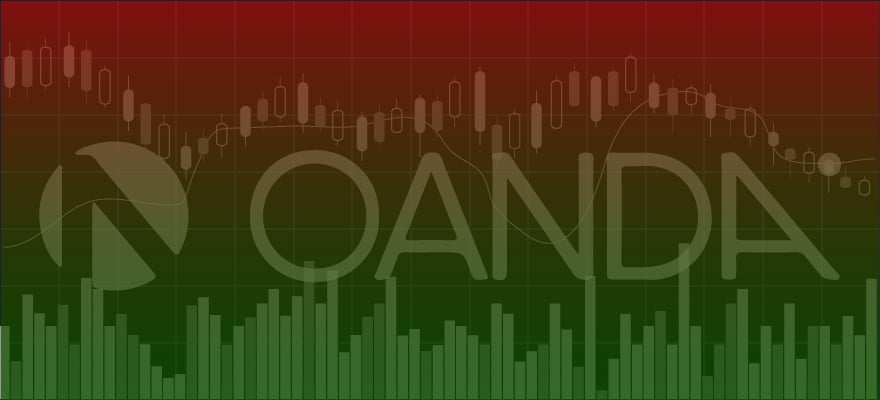On the same day that FXCM announced an incident of cybercrime and that customer accounts were breached, OANDA has suffered its own technical problems. Apparently unrelated to FXCM’s problems, OANDA customers were unable to access their accounts for nearly two hours and were directed to call customer support for the closing of any open positions.
According to OANDA, the platform outage was related to “an internal network issue” and customer data was secure and not breached by external parties. Although unrelated to the cybersecurity problems faced by FXCM, the platform outage represents another case of technical failures for a major broker or trading exchange over the last few months.
The outage was related to an internal network issue. All customer data and financial records are fully secure.
— OANDA (@OANDA) October 1, 2015Over the summer, stock exchanges suffered multiple trading outages. Among them, the NYSE suffered a four hour outage in July, that they attributed to a software update failure. Arguably experiencing the greatest problems has been the Moscow Exchange which has experienced multiple outages over the last few months at its data centers, the most recent ones occurring last month.
Overall, the outages represent one of the bigger vulnerabilities affecting the trading industry. On the one hand, advancements in technology have made it easier and cheaper for a wider spectrum of participants to connect to exchanges and Liquidity providers. On the other hand, these increasingly complicated networks of data connection have thinned the line between operating a smooth network and one with complications. Adding to this are cybersecurity problems such as fraudsters attempting to breach company databases, as well as DDoS attacks. The result is that volumes on electronic trading networks are rising across the multi-asset spectrum, but it is becoming harder for IT professionals to maintain these networks.













